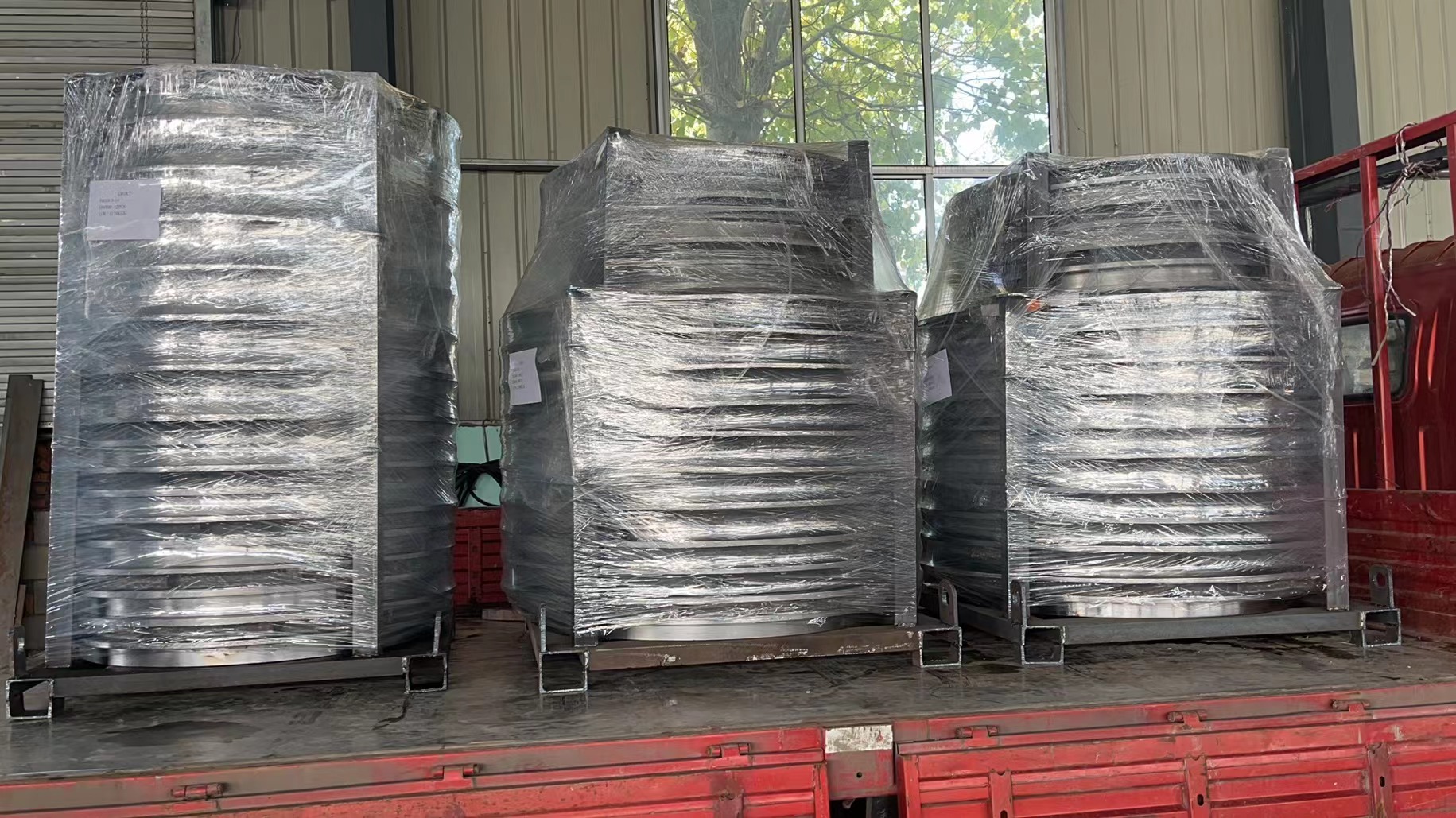- Afrikaans
- Albanian
- Amharic
- Arabic
- Armenian
- Azerbaijani
- Basque
- Belarusian
- Bengali
- Bosnian
- Bulgarian
- Catalan
- Cebuano
- China
- China (Taiwan)
- Corsican
- Croatian
- Czech
- Danish
- Dutch
- English
- Esperanto
- Estonian
- Finnish
- French
- Frisian
- Galician
- Georgian
- German
- Greek
- Gujarati
- Haitian Creole
- hausa
- hawaiian
- Hebrew
- Hindi
- Miao
- Hungarian
- Icelandic
- igbo
- Indonesian
- irish
- Italian
- Japanese
- Javanese
- Kannada
- kazakh
- Khmer
- Rwandese
- Korean
- Kurdish
- Kyrgyz
- Lao
- Latin
- Latvian
- Lithuanian
- Luxembourgish
- Macedonian
- Malgashi
- Malay
- Malayalam
- Maltese
- Maori
- Marathi
- Mongolian
- Myanmar
- Nepali
- Norwegian
- Norwegian
- Occitan
- Pashto
- Persian
- Polish
- Portuguese
- Punjabi
- Romanian
- Russian
- Samoan
- Scottish Gaelic
- Serbian
- Sesotho
- Shona
- Sindhi
- Sinhala
- Slovak
- Slovenian
- Somali
- Spanish
- Sundanese
- Swahili
- Swedish
- Tagalog
- Tajik
- Tamil
- Tatar
- Telugu
- Thai
- Turkish
- Turkmen
- Ukrainian
- Urdu
- Uighur
- Uzbek
- Vietnamese
- Welsh
- Bantu
- Yiddish
- Yoruba
- Zulu
Aug . 20, 2024 17:38 Back to list
Innovative Solutions for Sustainable Molded Pallets in Modern Packaging Industry
The Advantages of Molded Pallets in Modern Logistics
In the ever-evolving world of logistics and supply chain management, the choice of packaging and transport materials is crucial for efficiency, cost-effectiveness, and environmental sustainability. One such innovative solution that has gained considerable traction in recent years is molded pallets. Unlike traditional wooden pallets, molded pallets are made from durable materials such as plastic or composite substances, offering numerous advantages that make them increasingly popular in various industries.
Durability and Strength
One of the standout features of molded pallets is their exceptional durability. Molded pallets are designed to withstand heavy loads and harsh environmental conditions, making them suitable for a wide range of applications, from food and beverage to pharmaceuticals and construction. Their sturdy construction helps prevent damage during transport and storage, reducing the risk of product loss and improving overall supply chain efficiency.
Lightweight Design
Another significant advantage of molded pallets is their lightweight design. Compared to traditional wooden pallets, molded pallets are often lighter, which can lead to considerable savings in transportation costs. The reduction in weight allows companies to maximize their shipping loads, optimize fuel consumption, and ultimately decrease their carbon footprint. This aspect is particularly important in today's climate-conscious world, where sustainability is becoming a key priority for businesses.
Hygiene and Safety
Hygiene is a critical concern, especially in industries such as food and pharmaceuticals. Molded pallets offer a significant edge in this area, as they are typically designed to be non-porous and resistant to moisture, mold, and bacteria. This feature makes them easier to clean and sanitize, ensuring that the products they carry remain uncontaminated. Additionally, molded pallets are free from harmful chemicals, such as fumigants and preservatives often found in treated wooden pallets, thereby safeguarding product safety.
molded pallets

Cost-Effectiveness
While the initial investment in molded pallets may be higher than that of traditional wooden pallets, their long-term cost-effectiveness cannot be overlooked. Molded pallets have a longer lifespan than wooden ones, which means they need to be replaced less frequently. Furthermore, their durability leads to fewer damages during shipping and handling, reducing overall costs related to lost merchandise and replacement pallets. Overall, the total cost of ownership for molded pallets can be significantly lower over time.
Environmental Impact
As sustainability continues to dominate global agendas, molded pallets emerge as a more environmentally friendly option. They are often made from recyclable materials, and their longer lifespan contributes to reduced waste. Additionally, molded pallets can be designed to be lightweight, reducing transportation emissions. Companies that prioritize sustainability can enhance their brand image by adopting molded pallets as part of their logistics strategy.
Versatility
Molded pallets come in various shapes, sizes, and designs, suitable for different types of products and industries. Their versatility allows businesses to customize their pallets to meet specific needs, whether it involves adjusting dimensions, weight capacity, or color coding for easy identification in warehouses. This adaptability makes molded pallets an attractive option for a wide range of applications, from retail and warehousing to manufacturing and food processing.
Conclusion
As the logistics industry continues to evolve, the importance of efficient, safe, and sustainable packaging solutions remains paramount. Molded pallets offer a plethora of advantages, including durability, lightweight design, enhanced hygiene, cost-effectiveness, and environmental benefits. As more companies recognize these advantages, the adoption of molded pallets is likely to grow, reshaping the future of logistics and supply chain management in a positive direction. Embracing this innovative packaging solution could mean not only greater efficiency but also a step towards a more sustainable future.
-
8mm Thin-Walled Cast Steel Manhole Cover Pallet Bottom Ring | Durable
NewsAug.04,2025
-
Premium Cast Iron Water Main Pipe: Durable, Corrosion-Resistant
NewsAug.03,2025
-
Durable Cast Iron Water Mains | AI-Optimized Systems
NewsAug.02,2025
-
High-Efficiency Propane Boiler for Baseboard Heat | Save Energy
NewsAug.01,2025
-
Premium Source Suppliers for Various Gray Iron Castings
NewsJul.31,2025
-
Durable Cast Iron Water Main Pipes | Long-Lasting
NewsJul.31,2025


